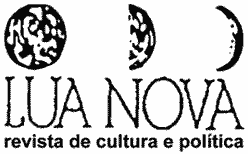Abstract
Using the idea of “subject” from the Universal Declaration of Human Rights as a starting point, we will discuss concepts and worldviews that contribute to better comprehend contemporary mobilities. The process, organization, and conditions in which current human mobilities occur are used as references to establish relationships between human movement, identity processes, and narratives of belonging to places. These issues are observed using a paradigm focused on the potential short- and long-term positive effects of a change in the narrative with regard to the international mobility of people. The discussions of Armand Mattelart go from the spaces of the cities to the struggles of groups and peoples questioning previously established territories. To achieve his own utopia, Édourd Glissant proposes the “creolization of the contemporary world”, or “whole-world”, which arises from the will that was born in the Caribbean archipelago or, more precisely, in the mestizo America. Achille Mbembe, thinking about our conditions as wanderers, of our common vulnerability in the world, puts forth a theory of passage, crossing, and circulation, to deny the idea that to inhabit is to pertain, therefore refusing classifications that immobilize, culminating in the eulogy of an ethic that considers translation, misunderstanding, and conflicts, thus recovering the body, face, and word.
Keywords:
Contemporary Mobilities; Refugees; Migrants; Human Rights; Utopia
